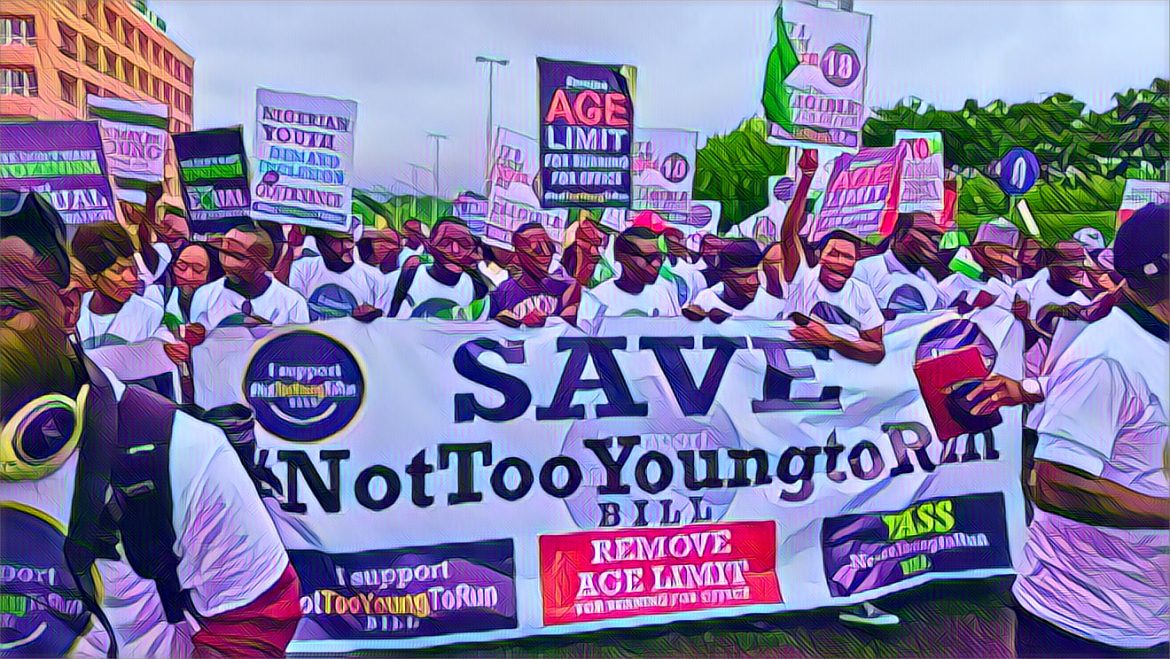Nigeria, Africa’s most populous nation and largest economy is witnessing a series of legal battles over the outcome of the 2023 general elections, which were held on February 25. The elections, which were marred by low turnout, violence, and allegations of rigging, have been challenged by opposition parties and candidates at different levels of governance, from the presidential to the state and local levels. The leading contenders are the ruling All Progressives Congress (APC), led by President Bola Tinubu, and the two main opposition parties, the People’s Democratic Party (PDP), led by former Vice President Atiku Abubakar, and the Labour Party (LP), led by former Governor Peter Obi.
The most prominent and controversial case is the presidential election petition filed by Abubakar and Obi, who came second and third in the presidential race. They seek to invalidate Tinubu’s victory, which was declared by the Independent National Electoral Commission (INEC) with 36% of the vote, followed by Abubakar with 29% and Obi with 25%. They allege that the election was rigged in favor of Tinubu by INEC and APC, using various methods such as manipulation of results, intimidation of voters and agents, violence, and non-compliance with electoral laws. They also claim that Tinubu was not qualified to contest the election due to his dual citizenship and criminal record.
However, on September 6, the Presidential Election Petition Tribunal (PEPT) dismissed their petition in a unanimous judgment that lasted almost 10 hours. The tribunal held that the petitioners failed to prove their allegations beyond reasonable doubt and that Tinubu was duly elected by the majority of lawful votes cast. The tribunal also struck out some of the grounds of the petition as incompetent or irrelevant. The petitioners have vowed to appeal the judgment at the Supreme Court, which is the final arbiter on electoral matters.
The presidential election petition is not the only one that has generated public interest and debate. Several governorship, state assembly, and national assembly elections have also been contested at various tribunals across the country. Some of these cases have resulted in the tribunals’ nullification or affirmation of the election results, while others are still pending. For instance, in Nassarawa, the tribunal nullified the election of Governor Abdullahi Sule of Nasarawa state and declared PDP’s David Ombugadu as the winner.
The election disputes have elicited mixed reactions from Nigerians, especially young people who constitute more than half of the population and are dissatisfied with the state of affairs in the country. Many young Nigerians have expressed frustration with the electoral system’s inability to deliver credible and accountable leaders. They have also lamented the lack of internal democracy within political parties and their failure to represent their interests and aspirations. Some young Nigerians have resorted to protests and civil disobedience to express their grievances and demand change. For instance, some supporters of Peter Obi, who call themselves “Obidients,” have staged peaceful demonstrations in various parts of the country to reject Tinubu’s victory and call for a fresh presidential election or a declaration of Obi as the winner. They have also formed a political movement that aims to elect Obi as president in 2023.
The election disputes have also raised questions about the future of democracy in Nigeria and Africa as a whole. Some analysts have argued that the election disputes reflect the deepening of democratic culture and institutions in Nigeria and Africa, as opposition parties and candidates are able to challenge election results through legal means rather than resorting to violence or accepting defeat without question. They have also pointed out that some African countries, such as Ghana, Senegal, Gambia, Malawi, and Zambia, have witnessed successful electoral transitions or overturns through democratic processes in recent years.
Other analysts, however, have contended that the election disputes expose the fragility and vulnerability of democracy in Nigeria and Africa, as electoral processes are often marred by irregularities, violence, and manipulation by incumbent governments and ruling parties. They have also noted that some African countries, such as Ivory Coast, Guinea, Uganda, Tanzania, and Ethiopia, have experienced political crises or conflicts arising from disputed or controversial elections in recent years.
The election disputes have also highlighted the role of young people in shaping Nigeria’s democracy and future. Some observers have praised young people for their active participation and engagement in the electoral process as voters, candidates, agents, observers, or activists. They have also commended young people for their peaceful and non-violent protests and means to fight for democracy and change. They have expressed optimism that movements like the “Obedient” movement will spur more participation of young people in governance and will bring about positive change in Nigeria.
Other observers, however, have criticized young people for their apathy and indifference towards the electoral process, either as non-voters, spoilers, or disruptors. During protests and demonstrations, they have also condemned young people for violence and vandalism. They have expressed pessimism that movements like the “Obidient” movement will fizzle out or be co-opted by political interests or forces. They have warned that young people may threaten Nigeria’s democracy and stability if their grievances are not addressed or if unscrupulous elements manipulate them.
The election disputes are still ongoing at various levels of governance in Nigeria. The final outcomes are yet to be determined by the courts or by other means of resolution. The impacts of these disputes on Nigeria’s democracy and future are yet to be seen or felt by Nigerians, especially young people who constitute more than half of the population. The challenges and opportunities facing Nigeria’s democracy and future are yet to be seized or missed by Nigerians, especially young people who hold the key to Nigeria’s destiny.


